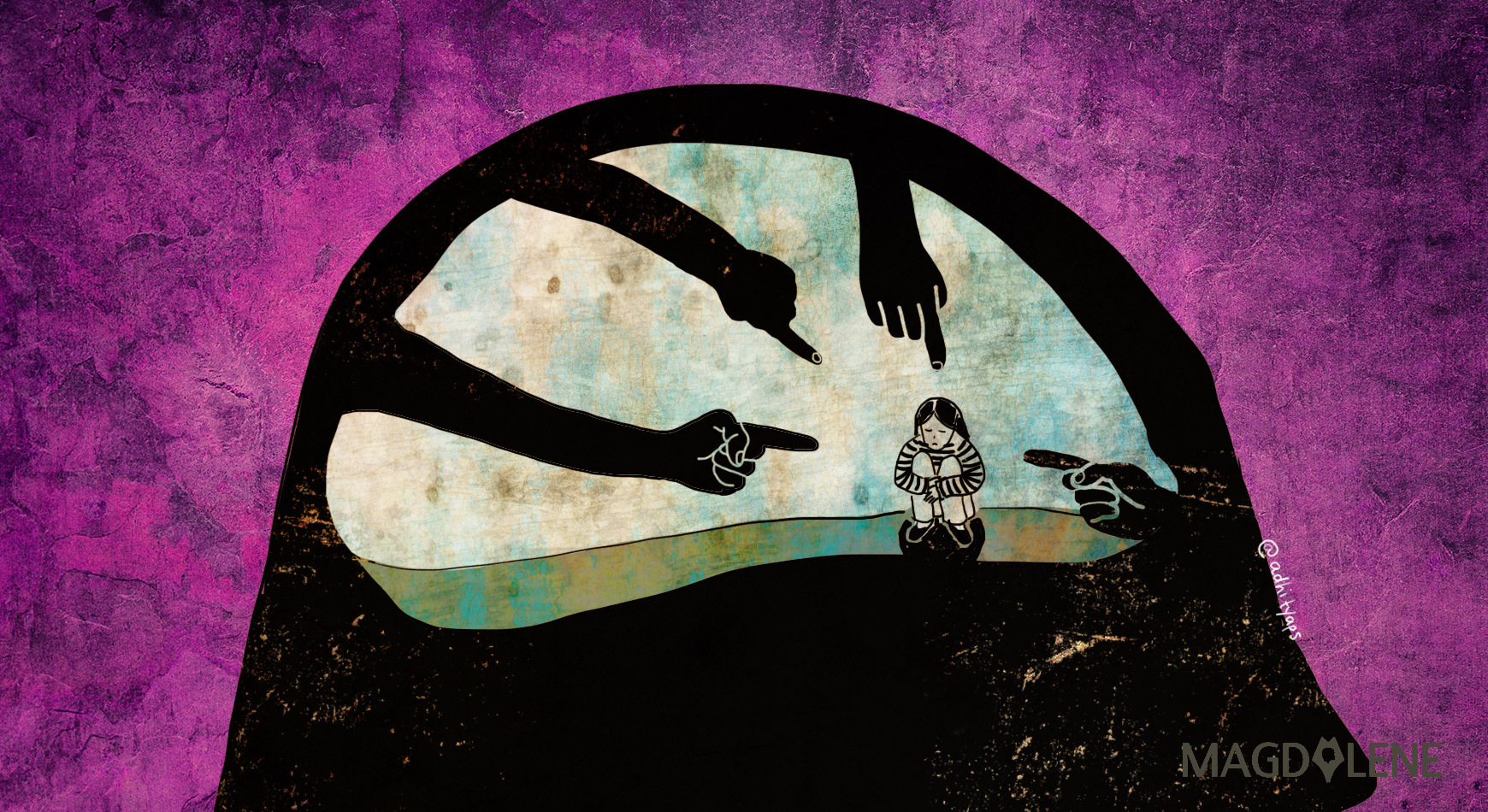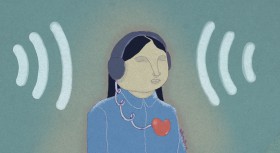Even after I was declared free from panic attacks by my psychologist following months of intensive counselling, dealing with the aftermath of sexual assault has never been easy. Just a week ago I read a poem by Rupi Kaur in her book Milk and Honey and, suddenly, I burst into tears. That poem was the exact depiction of how the assaulter sexually abused me, and although I did not want to, I could still feel the same fear, guilt, anger, and shame that I felt that day in his room.
I thought, what was wrong with me? I am no longer easily triggered. I could see his social media as if he was a mere stranger. I am also lucky that I have a strong support system, including my brother. So why did I cry and feel the exact feeling I had years ago, when I was sexually abused by my ex-boyfriend?
Then, I joined a seminar by Helpnona and finally understood that everything I was feeling is completely normal. Even after years have passed, we might still remember the day (or days) it happened. The trauma makes it impossible to forget.
Still, it’s good to know what you need to cope with the trauma. So I’ve discovered that these are what I need the most:
- Emotional Support
This is unquestionably the most important part when you want to be there for a survivor. After going through abusive relationship for more than two years, I hit my lowest point. I just wanted to disappear and be alone, hoping no one would stay with me because I knew that I would never be good enough for everyone around me.
Support means listening to and believing what the survivor says about their experience, but never force them to tell you the whole story if they are not ready. Just assure them that you will be there if they need someone to talk to.
- To Be Understood
In the early days, it was a mental roller coaster journey for me. When I was really angry and ashamed I would lock myself in my room, hiding beneath a blanket and hoping that I could disappear completely. In those days “How to Disappear Completely” by Radiohead was my most played song. I told myself, it was just a dream, a bad, bad dream.
If you want to support a survivor, understand that the healing process may take months, even years. And even after years have passed, if there is something that may trigger them to remember, the trauma may still affect them deeply.
Also, never expect them to be their former self, especially if their former self was a happy-go-lucky type. Trauma can be emotionally draining; for me, I know it will take years to go back to my real self – whatever that means.
- To not be blamed
I have blamed myself, I have blamed him, I have even blamed God. I questioned God, why did it happen to me? I had been a good person (in my mind), I had led a good and fulfilling life with a warm and loving family, I had great friends and best friends, I never intentionally hurt someone – why should I be sexually, verbally and mentally assaulted by the person I trusted the most?
I was so angry with myself that nothing made sense. Why didn’t I kick him when he abused me? Why didn’t I say “no” harder? Why didn’t I storm off his boarding room? Why didn’t I wear more conventional clothes?
- Some space to be alone and to recover in my own way
This depends on each individual. I tried hard to recover by sharing my experience to other people and writing it down, whether in an article like this, a blog post, or a work of fiction. If they are ready, suggest them to join a support group like Lentera Sintas Indonesia, or if they want to take the case to court, LBH Apik is a good place to go.
These are my needs, everyone might be different in the way they cope with the aftermath and the trauma of a sexual assault.
Even now, I still need time to grasp everything slowly. I need time to slowly trust someone, especially from the opposite gender, as my trust has been shattered by a man in the past. I still have occasional fear that any prospective relationship may take a wrong turn, although this, too, has gradually diminished.
I am much happier than, let’s say, three months ago. Still, it’s a working progress.
L. Ayuningtyas is a former short story writer who has stopped being one, and is now trying to make sense of whatever has happened and is happening in her life. Now she is back to writing her first novella about two people growing up and one of them is a survivor of sexual assault. Yes, this is her way to recover.








Comments